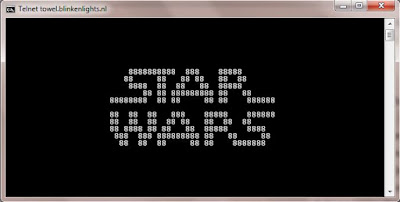HTTP BIN - Developer Tools

One of my favorite tools in my 10 in 1 screwdriver. The appeal is that in a single tool, just by flipping some pieces around you have just what you are looking for. In many minor jobs around the house I can do everything needed just with this single tool. When writing software you can find similar valuable tools and one such valuable tool is http://httpbin.org Like with most tools, the simplicity can be deceptive because how hard could it be to have an API that just echo's back what you sent. But then that is what is so great about httpbin, it's done and it's very robust. By way of example, when building a front-end you may find that the API isn't complete and thus you want to "stub out" the calls. With httpbin you can send a call such that it echo's back what you want and thus you are wiring up to an actual HTTP call. On the server side you might have the same need to wire up to a service that isn't something you are allowed to call fr


